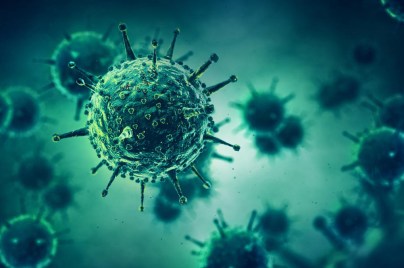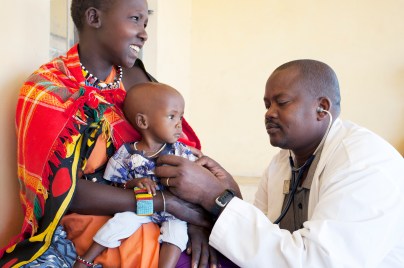Empowering others to speak up about HPV-related cancers
The impact of Gina’s diagnosis inspired her to help others prioritize their health
January 5, 2024

After 20 years of normal cervical screenings,* Gina Esposito was confident her next routine screening wouldn’t be any different. So, when she was diagnosed with human papillomavirus (HPV)-related cervical precancer at 47 years old, she was surprised.
“The sinking feeling I had when I received my diagnosis was intense because I wasn’t expecting it,” she said.
*A cervical screening, often referred to as a pap test or pap smear, looks for precancers or cell changes that might become cervical cancer if not treated appropriately.
The impact of HPV-related cancers and diseases
More than 80% of cervical cancers are associated with HPV. For most people, HPV clears on its own. But for those who don’t clear the virus, it could cause certain cancers and diseases.
After her diagnosis, Esposito underwent a procedure to remove the abnormal cells from her cervix. When a follow-up test showed that there were still some abnormal cells present, she consulted with a doctor and decided to get a hysterectomy.
At first, she felt embarrassed by her diagnosis. As she started to share her story, she noticed that others felt ashamed to speak about HPV-related cancers and diseases. She knew something had to change.
“I have a newfound responsibility to take the stigma away, to say ‘the shame has to go away,’ whether you’re a woman or a man,” Esposito said.
Throughout her experience, she says her daughter has been a source of strength.
“You don’t want your child to be without you or to experience the loss of a parent. You want to be around for all of their milestones and they want you around,” Esposito said. “So, she keeps me motivated because there’s an expectation that mom’s going to be around.”

“I try to be a positive disruptor in this space and normalize it so that people go for early screenings and routine screenings and that they get treatment if they need it.”
— Gina Esposito
The importance of routine care
In some ways, Esposito considers herself lucky. Her commitment to prioritizing routine care helped her catch her disease early.
“I’m so glad I took the time to go to my screening – it helped catch my disease early,” she said.
Esposito is working to ensure her daughter also prioritizes getting routine care and understands the value of prioritizing her health, especially as she approaches adulthood.
“She knows you need to own your own health because no one else is going to do it for you,” she said. Esposito encourages colleagues across our company to prioritize their health, too.
Esposito plans to continue helping men and women feel comfortable discussing HPV-related disease and get the preventative care they need.
“When I talk with others, I focus on what happened to me so they can use it as an example,” Esposito said. “I get people emailing me, texting me, going, ‘I’m going to make my appointment today.’ And if we can have one person that we get early, then my job is done.”


